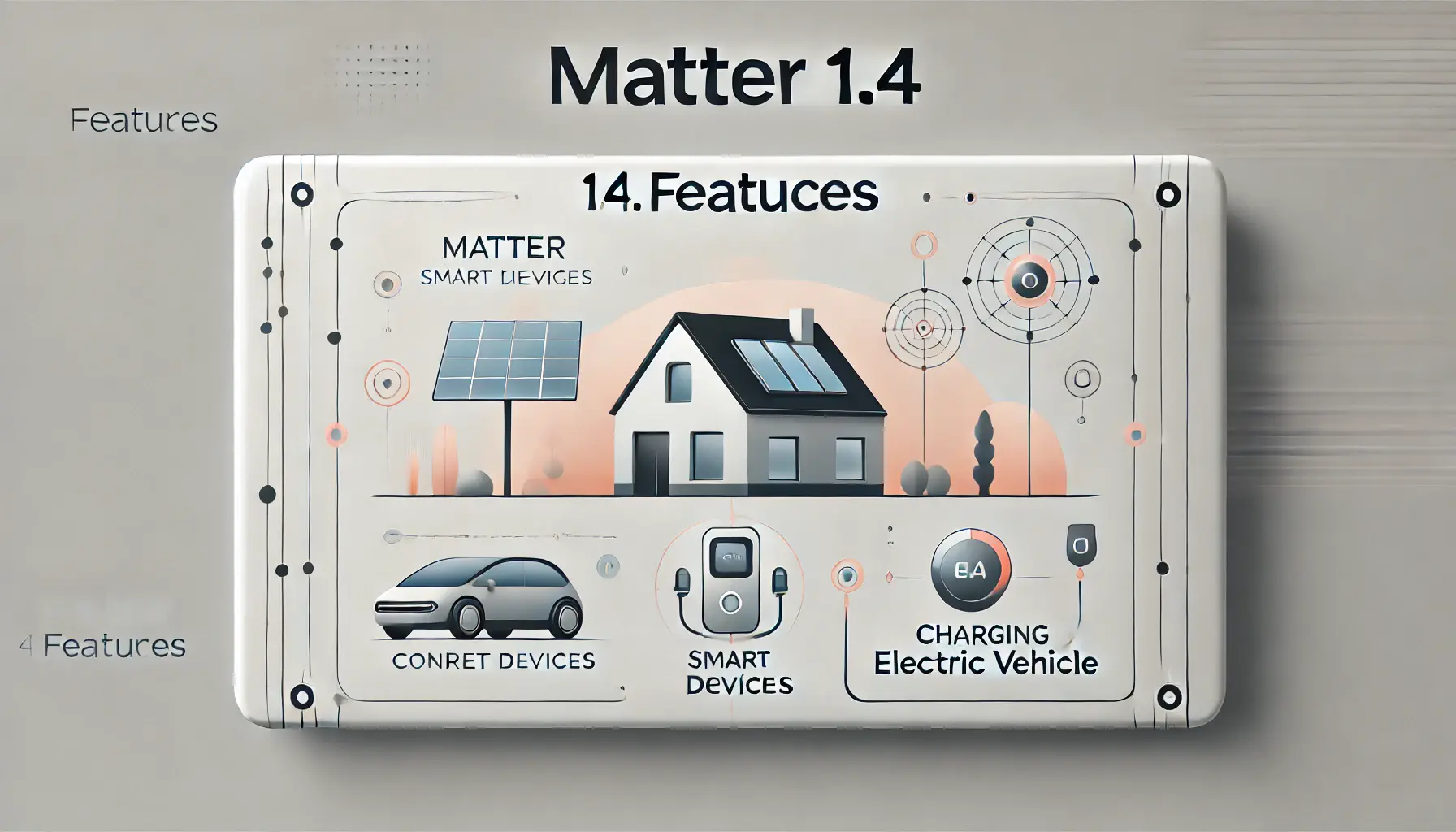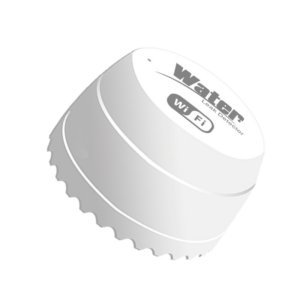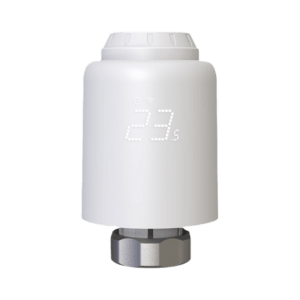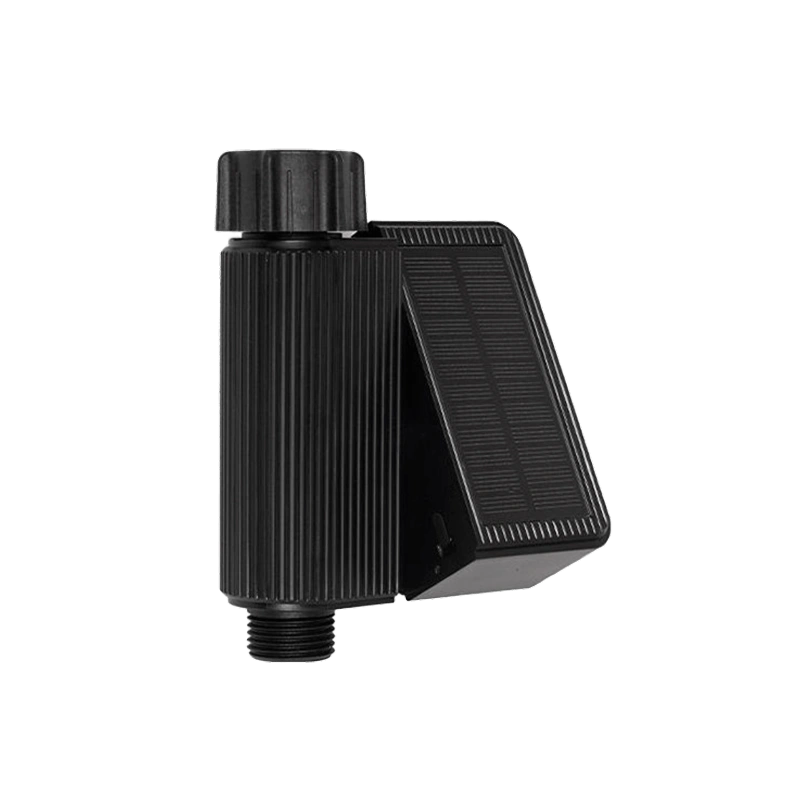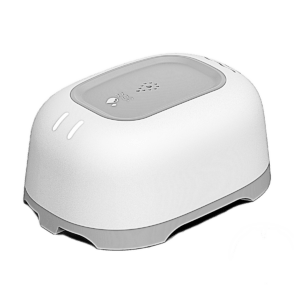The smart home ecosystem continues to evolve, and Matter 1.4 represents a major leap forward in connectivity, functionality, and energy efficiency. Released by the Connectivity Standards Alliance (CSA) in November 2024, Matter 1.4 introduces cutting-edge features designed to simplify device integration, improve energy management, and enhance user experiences. Let’s dive deep into the features and implications of this game-changing protocol.
What is Matter?
Matter is an open-source, royalty-free standard designed to unify smart home ecosystems by enabling devices from different manufacturers to work together seamlessly. It ensures interoperability across major platforms, including Amazon Alexa, Google Home, and Apple HomeKit, making it easier for users to manage their smart homes.
Key Features of Matter 1.4
Matter 1.4 brings several notable advancements that address connectivity challenges, improve energy efficiency, and expand the protocol's applications. Here are the top features of this latest release:
1. Enhanced Multi-Admin Functionality
One of the standout features of Matter 1.4 is its improved multi-admin support, making it easier for users to connect devices to multiple platforms simultaneously.
- Unified Device Management: With a single authorization, devices can now seamlessly connect to multiple ecosystems, such as Google Home and Amazon Alexa.
- Simplified Onboarding: Users can add devices to all desired platforms during setup, saving time and eliminating the need for repetitive configurations.
- Practical Use Case: Imagine a smart thermostat that can be controlled via both Google Home and Apple HomeKit, allowing different family members to use their preferred platforms.
This feature ensures a more flexible and user-friendly smart home experience.
2. Introduction of Home Router and Access Point (HRAP)
Matter 1.4 introduces the concept of Home Router and Access Point (HRAP) devices, which combine the functions of Wi-Fi access points and Thread border routers.
- Reliable Connectivity: HRAP devices provide robust network infrastructure, ensuring seamless communication between Wi-Fi and Thread-enabled Matter devices.
- Simplified Network Setup: With HRAP, users no longer need separate devices for Thread and Wi-Fi, reducing complexity and cost.
- Use Case: A single HRAP device in your home can connect your Wi-Fi-enabled smart speaker and Thread-enabled motion sensors without additional configuration.
This advancement guarantees better network reliability and simplifies smart home deployments.
3. Expanded Energy Management Support
Matter 1.4 significantly enhances its support for energy management devices, addressing the growing demand for smarter and greener homes.
New Device Types Supported
- Solar Equipment: Matter now supports solar inverters, solar panels, and hybrid solar/battery systems, enabling better integration of renewable energy.
- Battery Energy Storage Systems (BESS): Devices like battery walls and storage units can now be integrated for load balancing and virtual power plant functionality.
- Heat Pumps: Matter-enabled heat pumps can predict energy usage and respond to demand-response signals from utility providers.
- Smart Water Heaters: Users can monitor and control water temperature, ensuring efficiency while meeting their specific needs.
Benefits for Users
- Cost Savings: By shifting energy usage to off-peak hours, users can reduce their electricity bills.
- Grid Stability: Smarter devices mean less strain on the power grid during peak times.
- Sustainability: These features make it easier to integrate and optimize renewable energy systems.
4. Improved Occupancy Sensors
Occupancy sensors have become an essential part of smart homes, and Matter 1.4 takes their functionality to the next level.
- Advanced Detection: Sensors now use a combination of radar, visual, and environmental technologies to improve accuracy.
- Customizable Sensitivity: Users can adjust sensitivity settings to suit different scenarios, such as turning on lights for a pet or ignoring small movements.
- Event-Based Reporting: Instead of constant data streams, sensors send updates only when changes occur, improving energy efficiency.
For example, a Matter-enabled occupancy sensor can detect when a room is unoccupied and automatically turn off lights and lower the thermostat, saving energy.
5. Enhancements for Battery-Powered Devices
Battery-powered devices, such as switches, sensors, and remotes, receive substantial upgrades in Matter 1.4.
- Long Idle Times (LIT) Protocol: Optimizes communication for devices that remain idle for extended periods, reducing battery drain.
- New Check-In Protocol: Ensures reliable communication between devices and hubs, even with intermittent connectivity.
- Extended Battery Life: These features significantly extend the lifespan of battery-powered devices, reducing maintenance.
Real-World Applications of Matter 1.4
Matter 1.4 isn’t just a theoretical upgrade—it’s already transforming smart homes and energy management. Here are some practical applications:
1. Smarter Renewable Energy Integration
Imagine a home with solar panels, a battery storage unit, and a Matter-enabled energy management system. The system prioritizes solar energy during the day, stores excess power in the battery, and uses it during peak electricity rates. When more energy is needed, the system shifts power consumption to off-peak hours.
2. Advanced Multi-Platform Integration
A family can control their Matter-enabled devices—like thermostats, smart lights, and door locks—through both Google Home and Apple HomeKit. Each member uses their preferred platform without needing separate devices or configurations.
3. Efficient Heating and Cooling
With Matter 1.4, heat pumps and smart thermostats work together to predict energy needs based on weather and occupancy. For instance, the system can preheat a home during low-demand hours, ensuring comfort without overloading the grid.
Advantages of Matter 1.4 for Consumers
Matter 1.4 offers tangible benefits for everyday users, including:
1. Simplified Smart Home Setup
Matter’s universal compatibility eliminates the frustration of dealing with incompatible devices. Users can now mix and match their favorite brands without worrying about technical barriers.
2. Cost Savings
Enhanced energy management features help users save money by optimizing energy use, integrating renewable energy, and taking advantage of dynamic electricity pricing.
3. Sustainability
Matter makes it easier to adopt sustainable practices, such as using solar power, reducing peak-hour energy consumption, and minimizing energy waste through smart automation.
4. Improved Device Longevity
Battery-powered devices last longer thanks to efficient communication protocols, reducing the need for frequent replacements.
5. Future-Proofing
Matter’s regular updates ensure that devices remain compatible with evolving technologies, protecting your investment in smart home devices.
The Future of Matter
Matter 1.4 is just the beginning. The protocol’s ongoing development promises even more advanced features, including:
- Community Energy Sharing: Allowing neighborhoods to share energy resources, such as solar power, for greater efficiency.
- Integration with Electric Vehicles: Streamlining EV charging and enabling Vehicle-to-Home (V2H) and Vehicle-to-Grid (V2G) capabilities.
- AI-Powered Automation: Using machine learning to predict user preferences and optimize energy usage.
Matter 1.4 is revolutionizing the smart home industry by making it easier than ever to connect devices, manage energy, and live sustainably. Its features cater to both tech enthusiasts and everyday users, offering a future-proof solution for smarter living. Whether you’re integrating solar panels, enhancing multi-platform control, or improving energy efficiency, Matter 1.4 is paving the way for a seamless and connected future.
Adopting Matter 1.4 isn’t just a step towards a smarter home—it’s a leap towards a greener, more efficient world.
